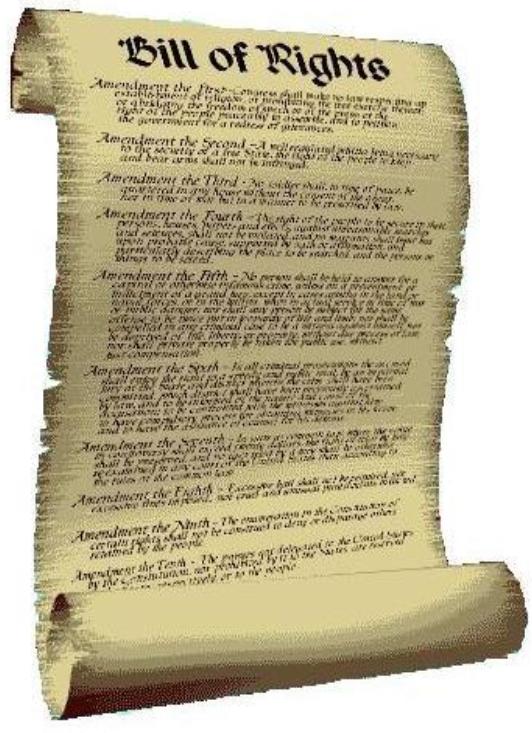Undeclared Foreign Bank Accounts
Undeclared Foreign Bank Accounts

Willful FBAR Penalty Moving Towards a Strict Liability Standard
Assessment of the “willful” FBAR penalty Courts have sustained FBAR penalties by reference to case…

No 5th Amendment Privilege in Submission of Foreign Bank Accounts Records
The US District Court for the District of New Jersey has applied the required records…